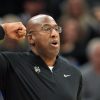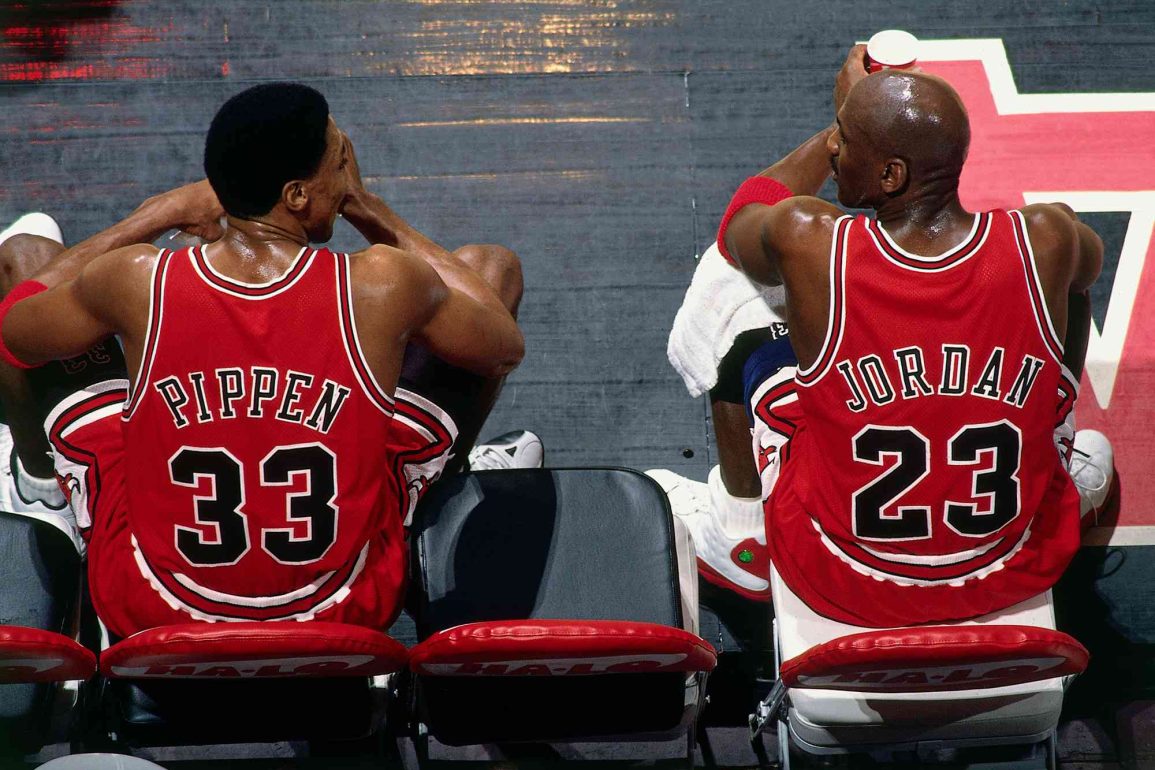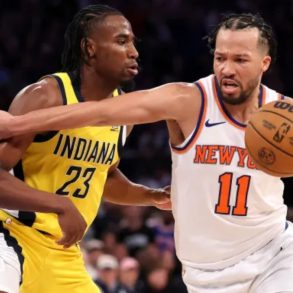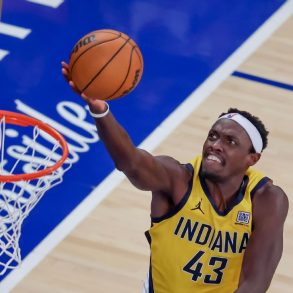When people reflect on the legendary Chicago Bulls dynasty of the 1990s, the first name that often comes to mind is Michael Jordan. His scoring prowess, clutch moments, and iconic performances left an indelible mark on basketball history.
However, what often goes underappreciated in Jordan’s rise to superstardom is the invaluable presence of Scottie Pippen, a player whose versatility, defense, and leadership played a crucial role in the Bulls’ six NBA championships during the 1990s.
Though Jordan is widely regarded as the greatest basketball player ever, Pippen was much more than just a supporting piece. His defensive brilliance, playmaking ability, and ability to do a little bit of everything on the court allowed Jordan to focus on his scoring and leadership. Without Pippen, the Bulls’ dominance may have been significantly reduced.
Pippen’s impact on the basketball court was immense, but it wasn’t always obvious. Early in his career, Pippen was considered a secondary player to Jordan. However, as the Bulls won their first three championships in the early ’90s, Pippen’s role expanded significantly, and his importance became undeniable.
By the time the Bulls were completing their second three-peat, Pippen had established himself as one of the best all-around players in the NBA.
Pippen’s defense was perhaps his most noticeable asset. His combination of size, speed, and intelligence made him a nightmare for opposing players. Standing 6’8” with a 7’0” wingspan, he was able to guard multiple positions, from point guard to power forward.
His ability to lock down offensive players while still contributing on the offensive end was one of the primary reasons the Bulls were so successful during their championship runs.
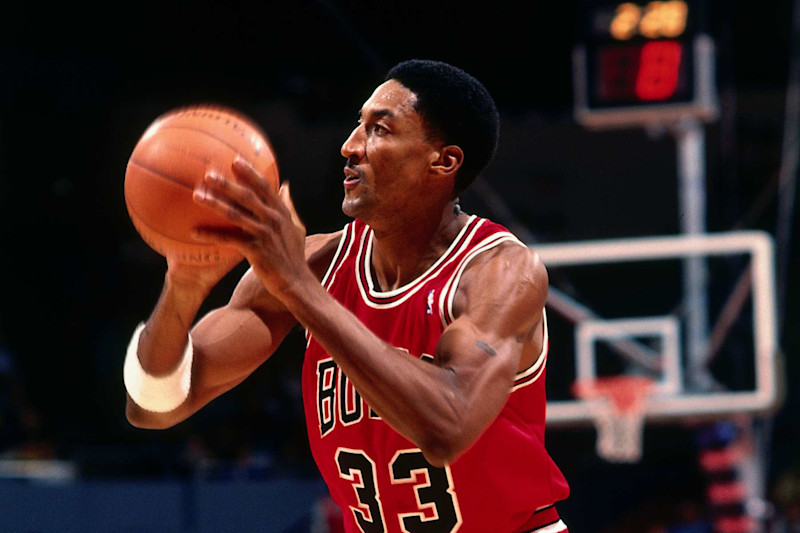
Scottie Pippen was a team man
Pippen’s defense was not limited to one-on-one situations; his team defense was just as important. He was a key part of the Bulls’ “triangle offense” defense under coach Phil Jackson, which emphasized switching, rotations, and active hands in the passing lanes. Pippen’s quickness allowed him to disrupt passing lanes, make steals, and challenge shots, giving Chicago a distinct advantage on that end of the floor.
In addition to his defense, Pippen’s ability to facilitate offense was crucial. While Jordan often took on the scoring burden, Pippen was the one who could run the offense when Jordan was off the floor or when defenses locked onto him.
His vision, ball-handling skills, and basketball IQ made him an excellent playmaker. He could bring the ball up the floor, create opportunities for teammates, and make the right decisions in crunch time. Though Pippen was not a prolific scorer like Jordan, his ability to fill other roles kept defenses honest and helped the team thrive in all facets of the game.
Pippen’s leadership also played a pivotal role in the Bulls’ success. Jordan was the unquestioned leader of the team, but Pippen’s leadership was more subtle yet just as important.
He wasn’t the loud, in-your-face type of leader like Jordan, but he was a leader by example. He was always one of the hardest workers on the team, often pushing his teammates to give their best. His unselfishness and ability to put the team above his individual goals earned him the respect of his teammates and coaches alike.
Even during times when Pippen’s personal challenges came into the spotlight, such as the infamous 1997-98 season where he delayed surgery to start the season and found himself in a standoff with management over contract issues, his dedication to the team never wavered.
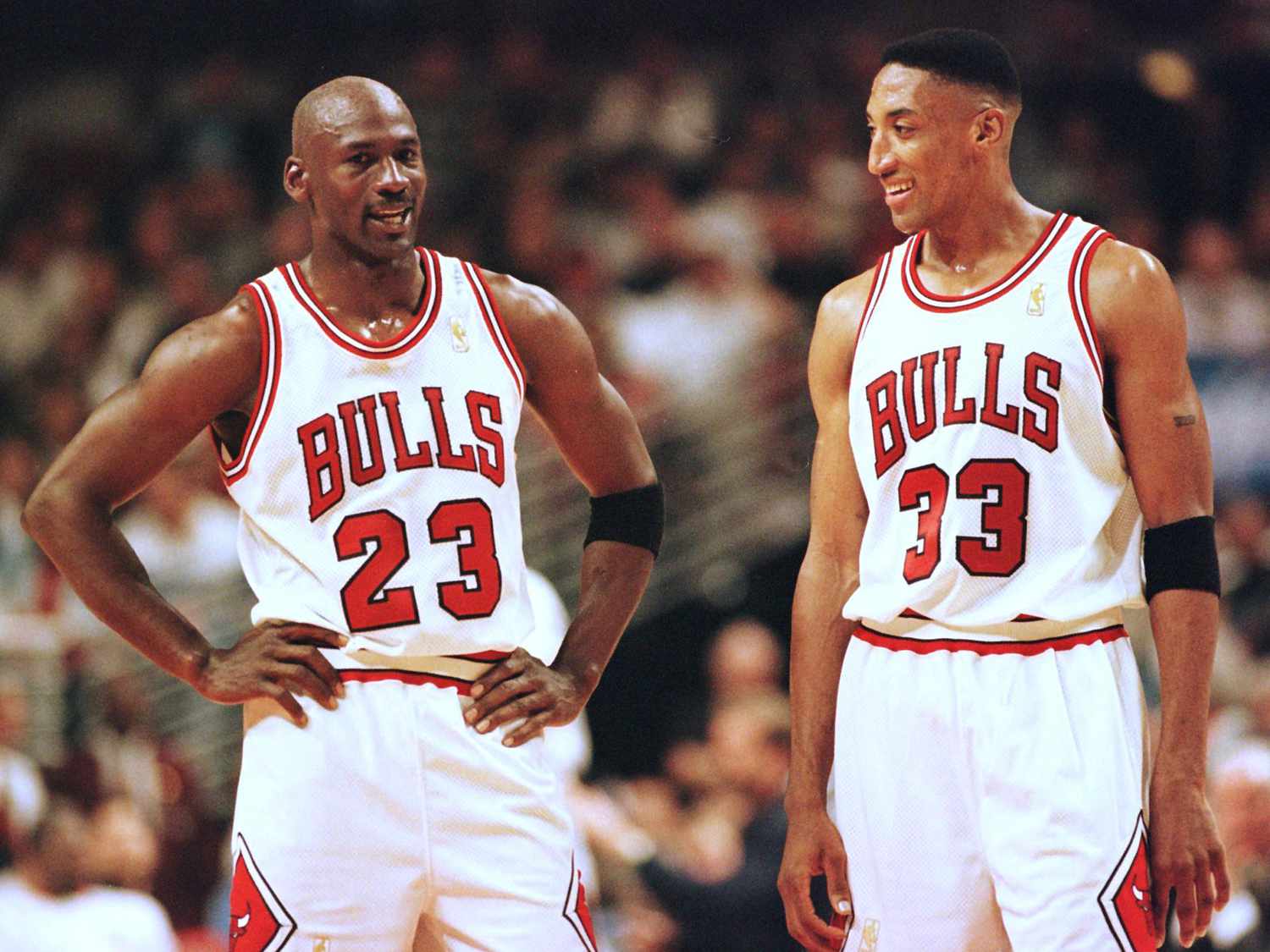
Pippen always contributed to the team and game
Pippen was a warrior on the court, and despite any internal issues, his drive to win and contribute to the team’s success was always apparent.
It’s easy to forget that Pippen was not always given the recognition he deserved in the mainstream media. While Jordan received most of the accolades and media attention, Pippen was often overlooked, despite being one of the best players of his era.
He was a seven-time NBA All-Star, an eight-time NBA All-Defensive Team selection, and a key member of the 1992 “Dream Team,” widely regarded as the greatest team ever assembled in international basketball. Pippen’s contributions were often understated, yet without him, the Bulls’ championship run may have never happened.
Perhaps one of the most telling aspects of Pippen’s greatness was his ability to thrive in different roles. In the 1994 NBA season, when Jordan retired briefly to play baseball, Pippen became the focal point of the Bulls’ offense.
He led the team to a 55-27 record and a spot in the Eastern Conference Semifinals, proving that he was more than just a sidekick to Jordan. Pippen’s ability to carry the team without Jordan showed that he had the talent and leadership skills to be a star in his own right, not just a role player.
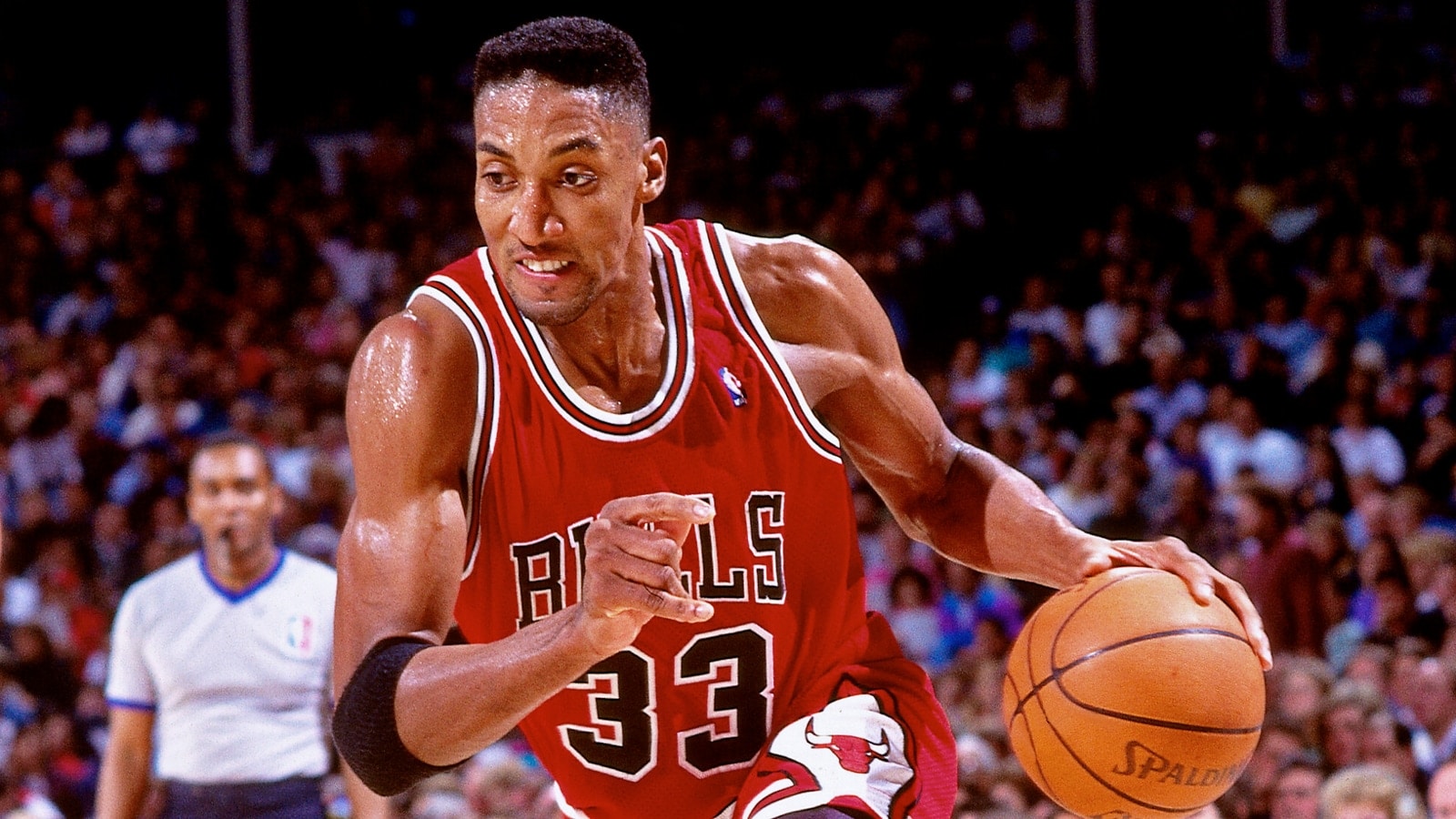
Pippen laid down the foundation for Bull’s dynasty
When examining the Bulls’ dynasty, it’s clear that Pippen’s contributions went far beyond statistics. He was a glue player, holding the team together and allowing Jordan to shine. Pippen’s unique skill set, leadership, and unselfish play were the pillars of the team’s success, and without him, the story of the Chicago Bulls in the 1990s would not have been as legendary.
Pippen’s importance in the Bulls’ dynasty can never be overstated. While Jordan’s scoring and charisma captured the spotlight, Pippen’s all-around game and unrelenting defense were the foundation of their dominance.
Pippen was the perfect complement to Jordan, providing balance to the team in ways that Jordan himself could not. Together, they created one of the most dominant and unforgettable duos in NBA history.
